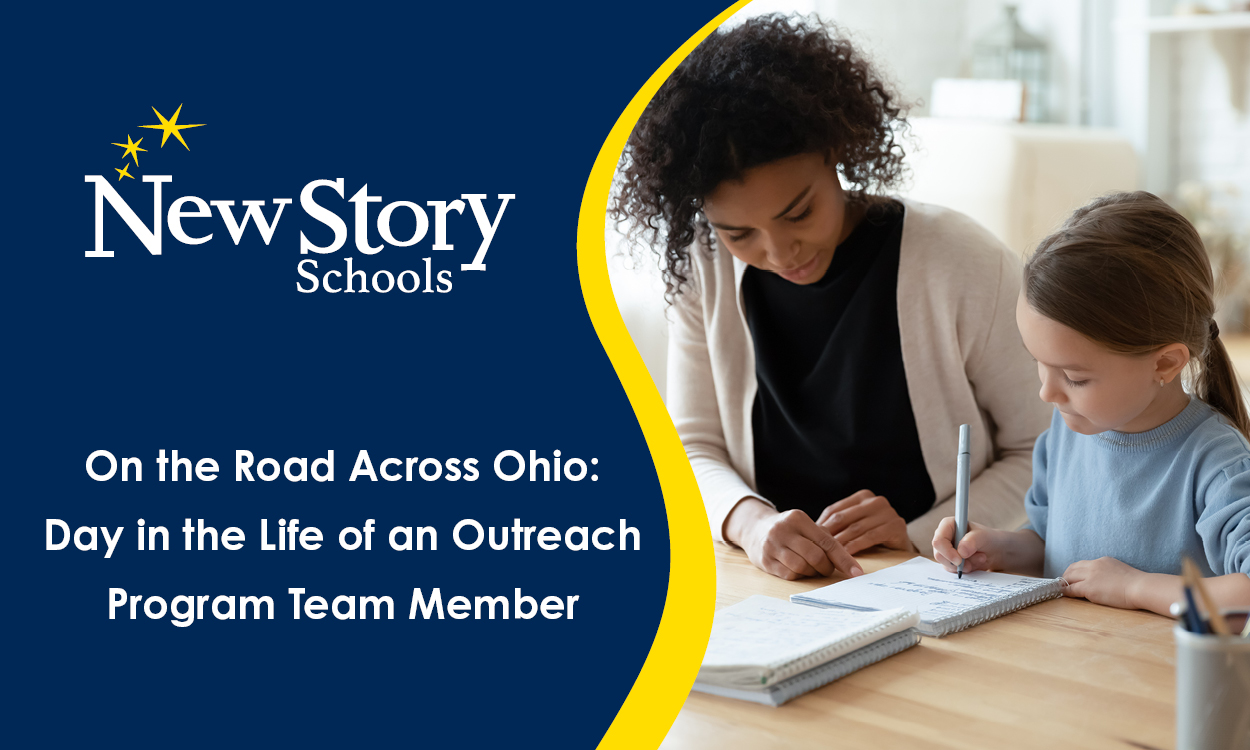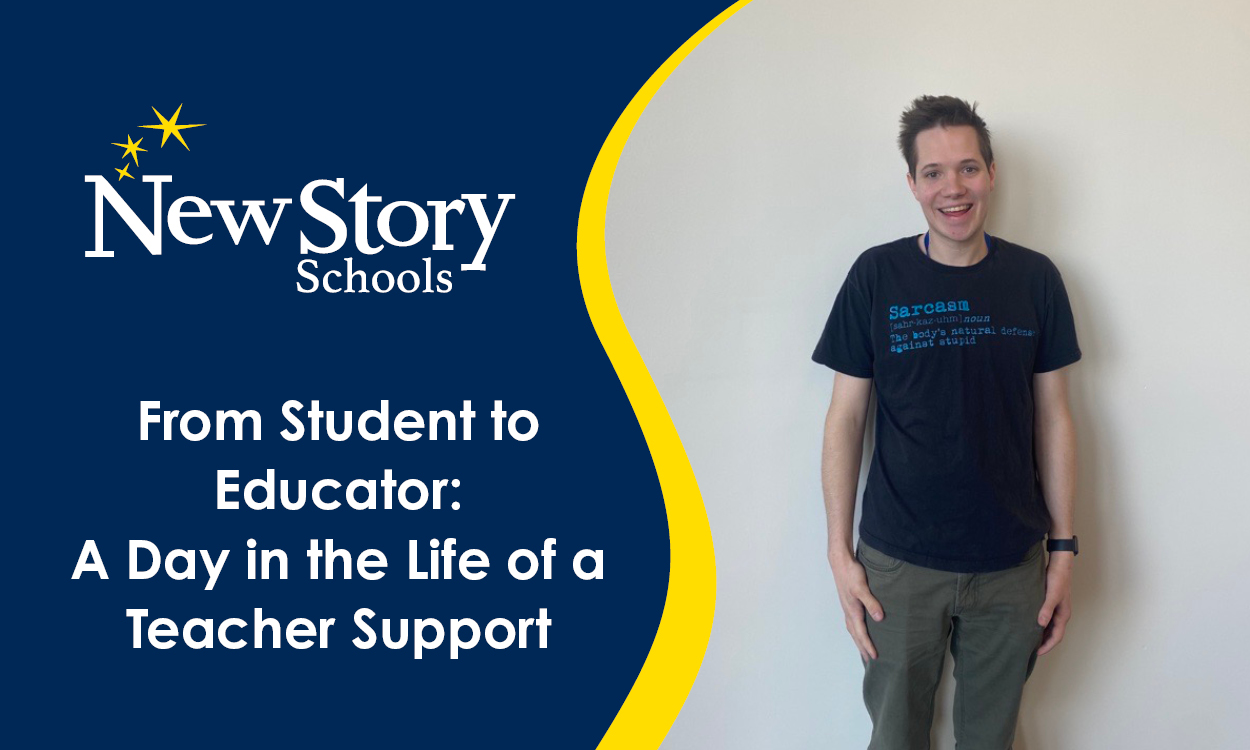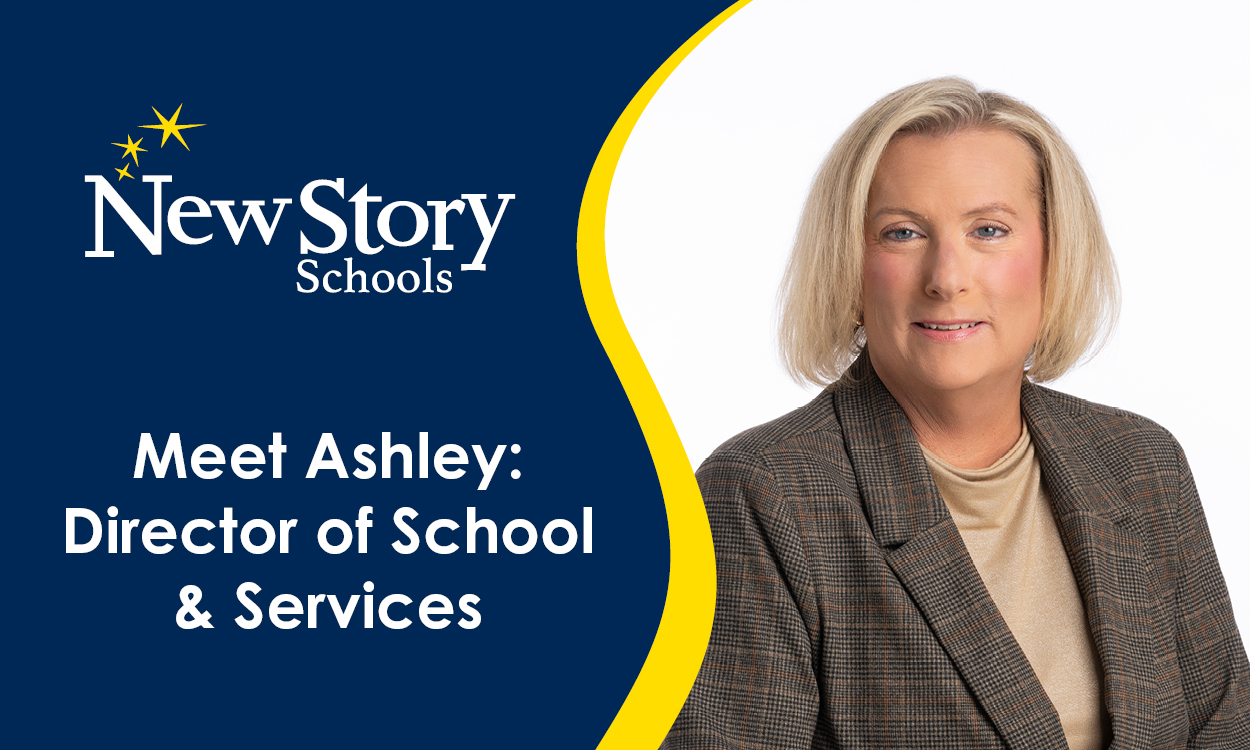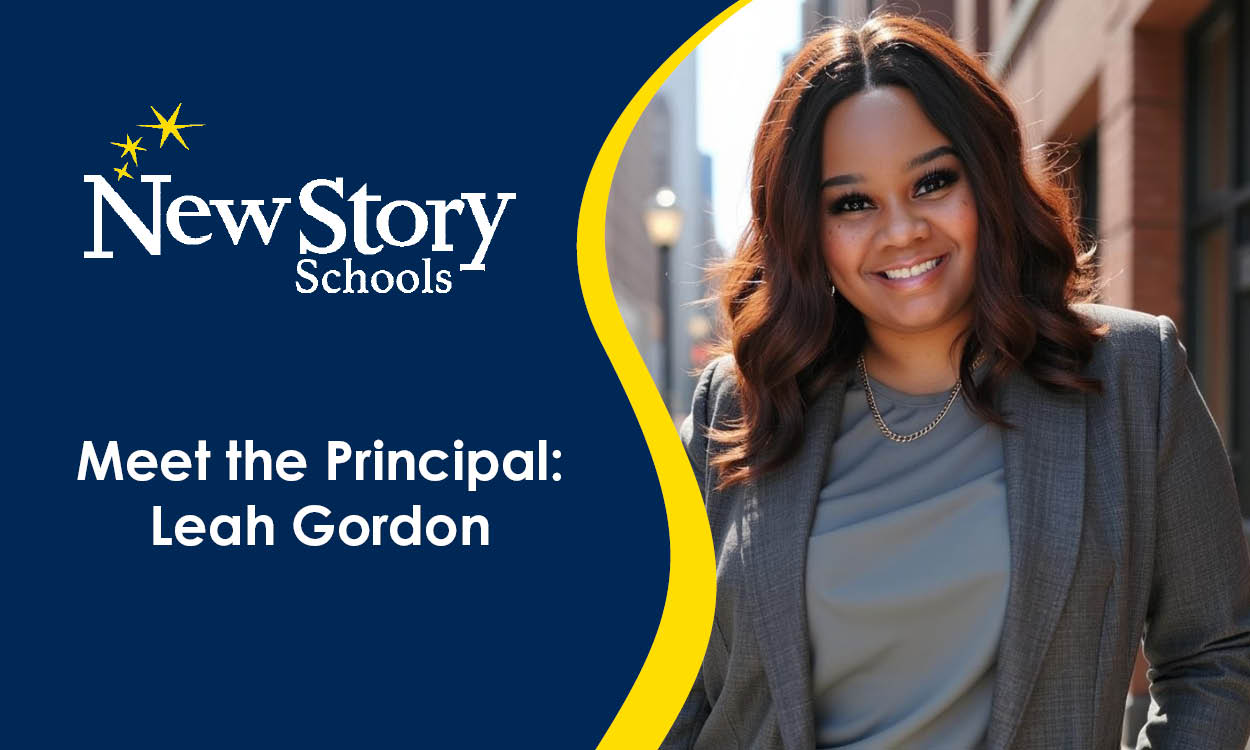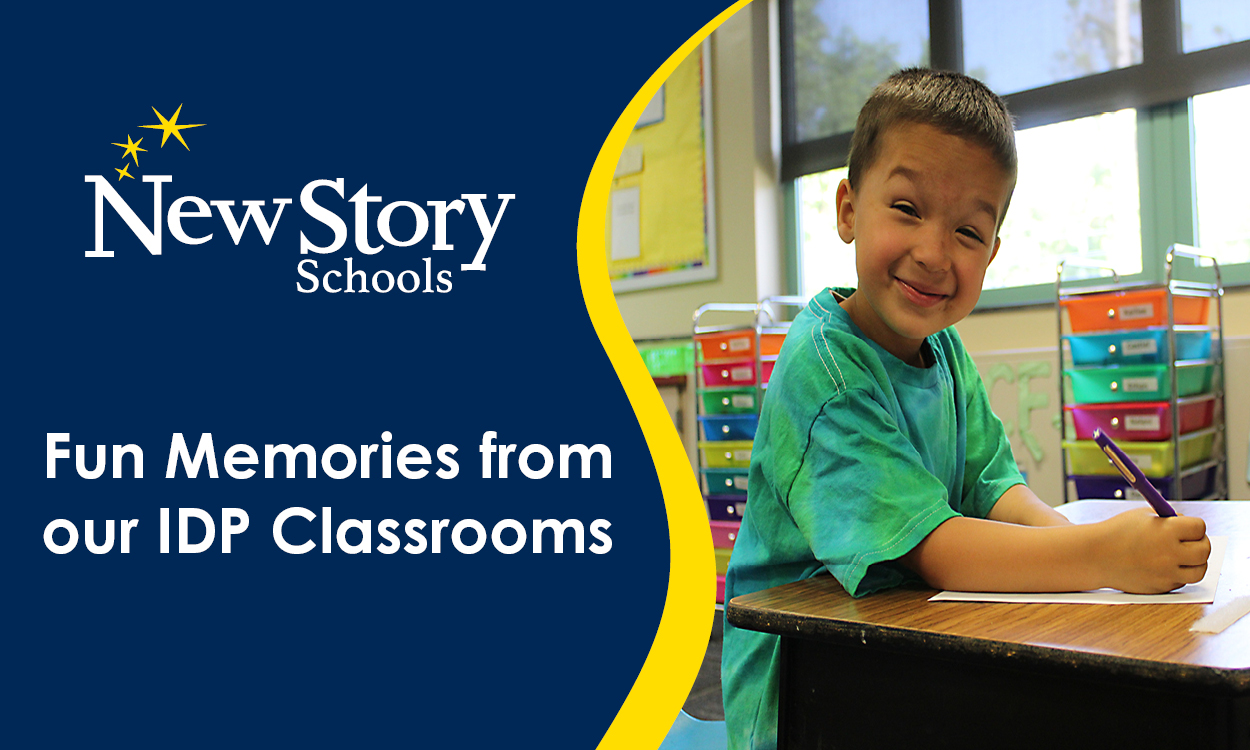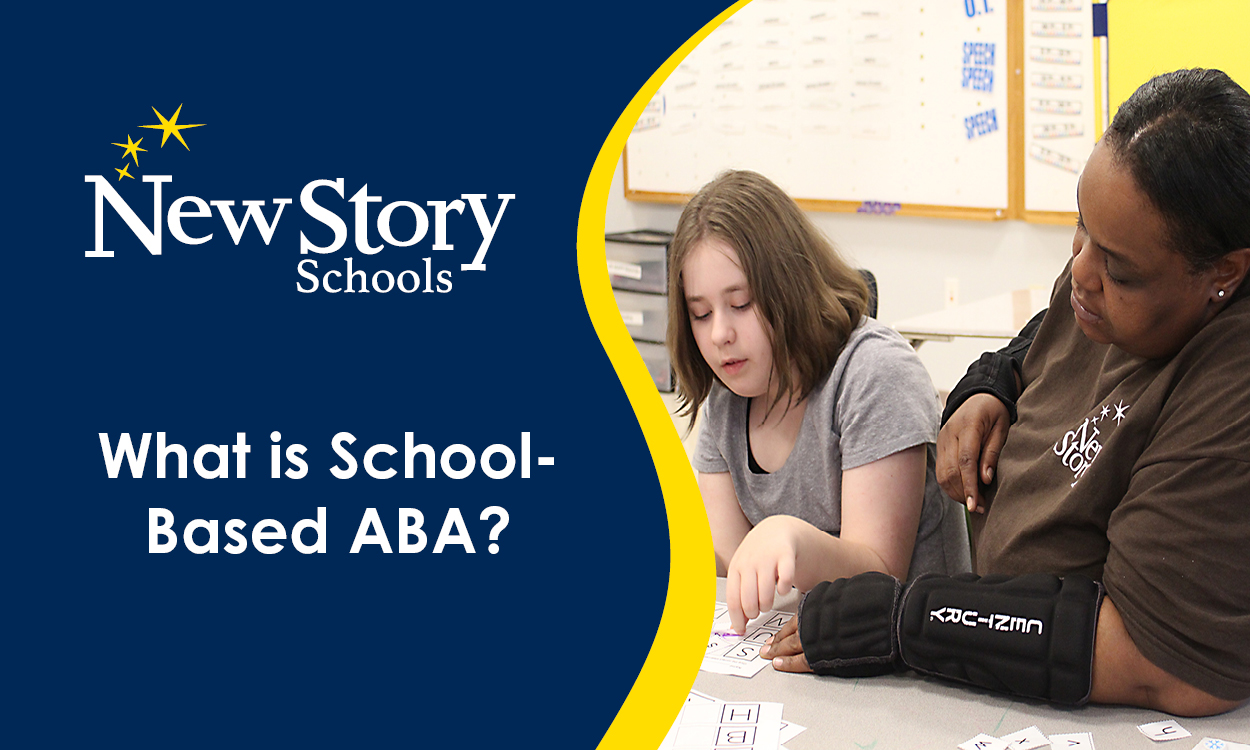Tips for a Successful Student Ambassador Program
Posted: January 05, 2023 | Written By: | Category: Support for Educators
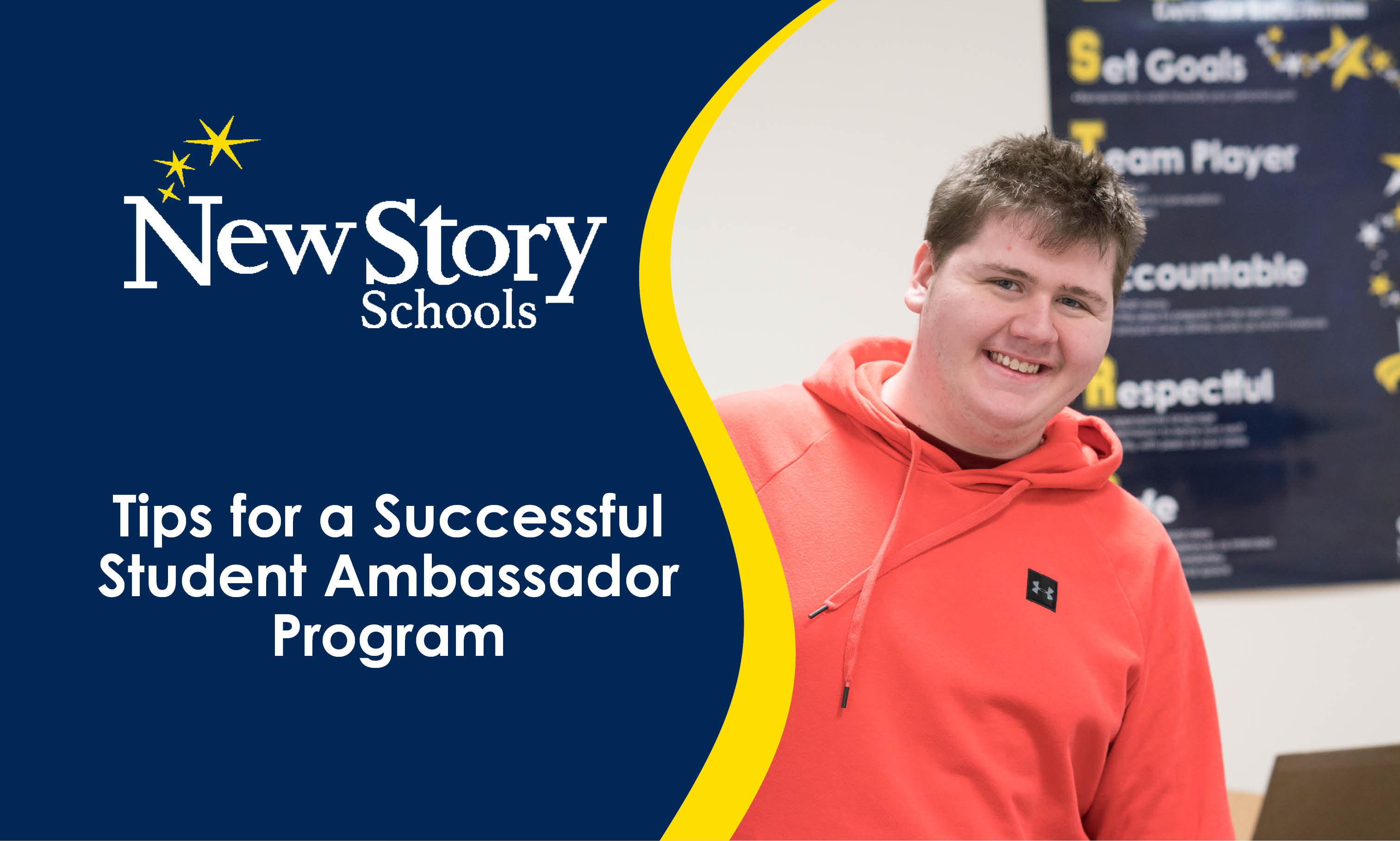
Incorporating student voice to drive school and community programming and activities allows students to have agency and choice, ultimately improving student engagement. This is especially important for students who may struggle to have their voice heard in a traditional school or community setting. One way New Story Schools Dubois campus is bringing student voice to the forefront, is through their new student ambassador program. Timothy Port, M.S., School Services Director, and Michele Mancione, School Counselor, launched the program to improve engagement, build emotional intelligence skills, provide leadership opportunities, and encourage student input.
Ambassadors have opportunities to work events like the most recent Thanksgiving in a Box activity providing Thanksgiving dinners to community members in need, volunteer at the annual autism resource fair and walk in the spring, make decisions about in-school celebrations and activities on behalf of their peers, put together the school yearbook, give tours to new students, and more.
Importantly, the ambassador program promotes individual growth, encouraging responsibility teamwork, and understanding and consideration of perspectives other than their own.
For tips on what makes a successful school ambassador program, read more below.
- Clearly define expectations, roles, and responsibilities for students.
Outlining expectations ensures students understand what behaviors are expected of them and their responsibilities throughout their time as an ambassador. To kick off the ambassador program, Michele visited each classroom and provided an overview of the new program, what types of activities they would take part in, and behaviors they must adhere to as representatives of the school. After a formal interview and selection to become an ambassador, each student signed a contract agreeing to the responsibilities outlined. Any violation of the contract results in termination from the program, though students can re-apply the next semester. Examples of responsibilities include:
- Student Ambassadors are expected to set a positive example at all times and conduct themselves in an honest, safe, respectful, courteous and professional manner.
- Student Ambassadors represent New Story Schools and will actively support, enforce and abide by New Story School policies, regulations and procedures.
- Student Ambassadors are required to be reliable, to attend and fully participate in team meetings and help with events.
- Simulate interviewing and real-world work experiences. To become an ambassador, students must go through a formal interview with the school counselor, where they are encouraged to practice their interview skills like dressing professionally, leading with a handshake, and practicing their interview answers. Using this as an opportunity to give students a real-world example of an interview helps them practice for the future, but also get out their nerves and get real-time feedback in a supportive environment. Ambassadors are also expected to represent their school in community and on-site events in a professional manner. Ambassadors are provided with real-world experiences like working events, running a concession stand, greeting attendees, giving tours, and more.
- All voices matter. Many students with autism spectrum disorder and related behavioral or emotional challenges are often overlooked or not heard in a traditional school or community setting. The ambassador program allows both verbal and nonverbal students to have a true voice in the way their school operates. For example, Dubois’ youngest ambassador is only nine years old, but recently made the recommendation for her school to go caroling as a way to give back to their community. Now, students will be attending a local senior care facility to sing to and with residents for the first time. Additionally, some students at Dubois are nonverbal, and more senior ambassador members have worked to engage and communicate with these students and bring their opinions back to ambassador meetings for consideration to ensure their perspectives are included.
- Make it relevant for all students. The ambassador program shouldn’t be limited to only those students selected for the role. Encourage ambassadors to collaborate and work with their classroom peers to get their input and feedback for upcoming events and activities. Also, provide opportunities for ambassadors to present back to their peers what they’ve learned or experienced as part of their participation as an ambassador.
Want to be notified of new articles and resources from New Story Schools? Submit your email and opt into our newsletter!


